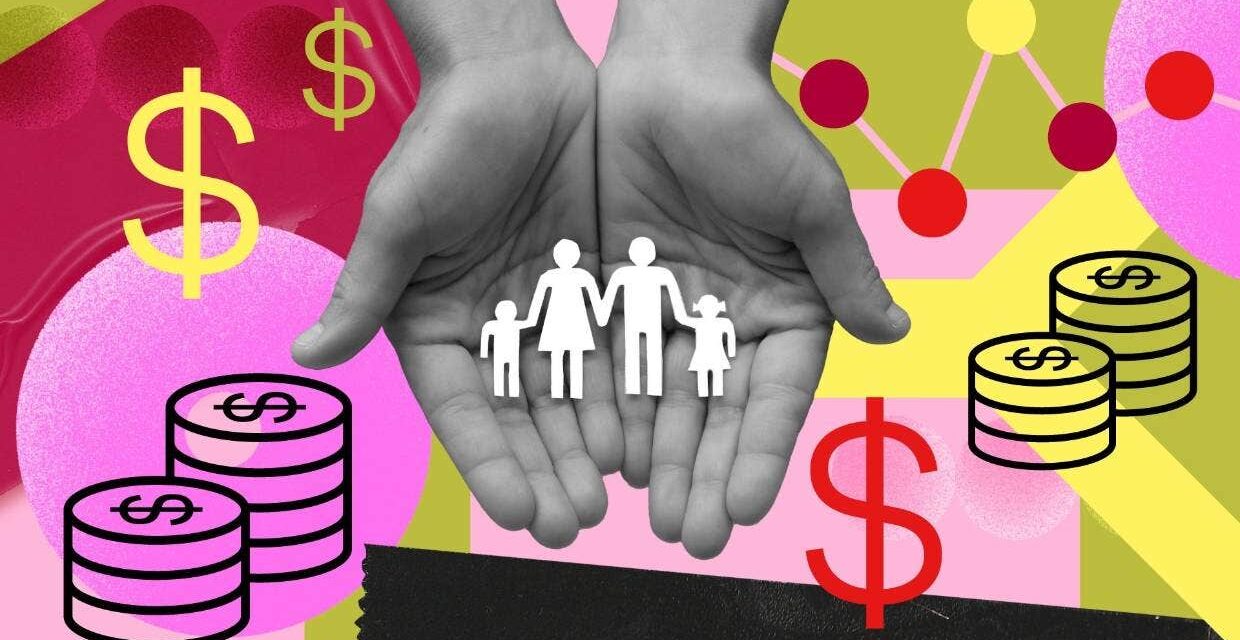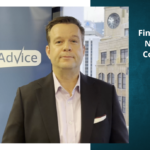Author Katrina Shanks, CEO Financial Advice NZ. Article originally published in stuff.co.nz.
OPINION: Next week marks the start of Money Month, a public awareness campaign coordinated by Te Ara Ahunga Ora Retirement Commission, in partnership with the financial capability community, to help demystify money for Kiwis.
The theme is helping Kiwis maximise their money in ways that are empowering and relevant in the current economic climate, which, as we all know, is challenging for most, and a real struggle for some.
I thought a good way to kick it off would be to look at some of the ways you can maximise your money whether you have little money to spare each week and you’d like to stretch it further for some nice-to-have’s, or if you have a bit more to spare and how you can grow that a little further.
So, let’s look at ideas on budgeting, saving to survive, paying off your mortgage faster, and investing.
Budgeting
Budgets allow us to understand the state of our financial position – our income, expenditure, and must-haves and like-to-haves.
When doing one it’s ideal to start with your income and your basic needs and add in the savings, nice-to-haves, and investing.
Sometimes you may have money left over after you deduct the essentials from your income, sometimes you may have a deficit, which means you will have to find savings in your spending. As we know, our expenses can be lumpy and sometimes unexpected.
It’s okay to adjust your budget for income increases or more expenses as you go along, but the basics of your budget should stay true to what you’re trying to achieve.
There are many ways to do a budget.
A popular one is the 50-30-20 budget rule.
This takes your after-tax income and allocates your spending 50% on your needs, 30% on your nice-to-haves, and 20% on your savings. The hard part is keeping your needs to just 50%. You could tweak it a little, say 60-20-20, or whatever suits.
The main thing is to have a plan and stick to it.
There are many tricks to it. Here are a few:
- Sleep on big purchases – take your time if it’s not something you need.
- Be careful around sales – do you really need that purchase? If in doubt, give yourself a 24-hour cooling-off period to think about if you need it and can afford it.
- Never spend more than you have – probably means being very careful with credit cards and Buy Now Pay Later schemes and delaying a spend till next week.
- If you have a credit card, set a lower limit and pay more than the minimum amount.
- Go on a spending freeze from time to time – spend on only necessities for a week and see what’s left over.
- Plan your meals, do your grocery shopping online (to cut down on temptation), and stick to your list.
- Shop smart, shop around.
Saving to survive
Something you can do to help get through the challenges is by continuing to save and accumulate wherever possible and however small.
At a time of high inflation, it’s good to find a way to save more if you can.
So, where to start?
If you’ve done a budget, then you’ll probably know if you have enough left over to save or invest.
Saving in a bank account means you can access your money whenever you want.
The key to saving is doing it regularly, but just as importantly, it doesn’t have to be in huge amounts. You can save small amounts often to reach both your short- and long-term goals.
Even just $20 a week will add up to $1040 a year (before interest).
It’s important that in a tough year, you do your best to keep up your KiwiSaver contributions. You’re allowed to take a holiday on these, but if you do, then you miss out on any gains you would otherwise receive.
Paying off your mortgage faster
If you have spare money, paying off your mortgage faster will reap huge benefits over the medium to long term.
Any time is a good time to see if your mortgage is set up right – if you’re on the best rate, have the best plan to pay it off in the fastest possible time, how the structure works best for you and your changing ages and stages of life.
So, what are the best ways to save money on your mortgage and pay it off faster?
The obvious ones are to move to a lower interest rate; look at switching from monthly to fortnightly instalments (meaning you pay an extra month’s worth off your mortgage every year, so reducing your interest payments); make lump-sum payments if you get a work bonus, a tax refund, or extra savings that have built up (these reduce your balance and so the interest you pay); or to not reduce your repayments when interest rates fall.
Investing
The pressure on household budgets right now is obvious, but where does that leave your investments and what’s your next best move to at least protect them against inflation, or even enhance them?
One of the keys to investing is staying ahead of the rate of inflation, and it’s for that reason investment decisions should be made with inflation in mind.
Now is the time you need to review your risk tolerance and so the type of investment that will keep you ahead.
Apart from savings, there are three main places to invest: shares/managed funds, commercial property, and fixed interest. There are others, all with different risks attached to them.
Shares are easy to buy and sell, and you don’t need a lot of money to start, especially if it’s on an online platform where you can invest small amounts.
Commercial property can be a good investment because it usually generates good income from rental returns that will help pay off your mortgage while the value of the property increases.
The essential thing with investing is to know how much risk you are willing to take. The chances of higher returns also come with higher risk.
In tough times, if you do nothing else to maximise your money, you should do a budget and stick to it.
I have an annual budget that includes an element of savings and investment. I regularly review how it’s going to ensure I’ll meet both my short-term and long-term goals. I also have separate accounts where money goes towards my short-term nice-to-haves such as a holiday. I also have an emergency account – just in case. This works for me because I know I’ll have the funds when I need them.
As my adviser would say, stay disciplined but ensure you allow yourself to enjoy life as well – we only have one life!
– Ends –
Take time to make the most of your money this Sorted Money Month with our Financial Advice NZ 5-day Maximise your Money Challenge. Challenge your spending habits! Challenge your savings habits! Learn valuable tips and strategies for establishing good financial habits with exclusive top tips from our professional financial advisers.





